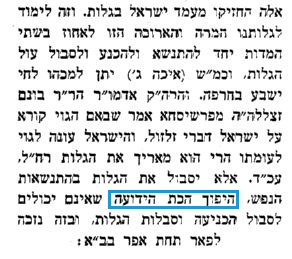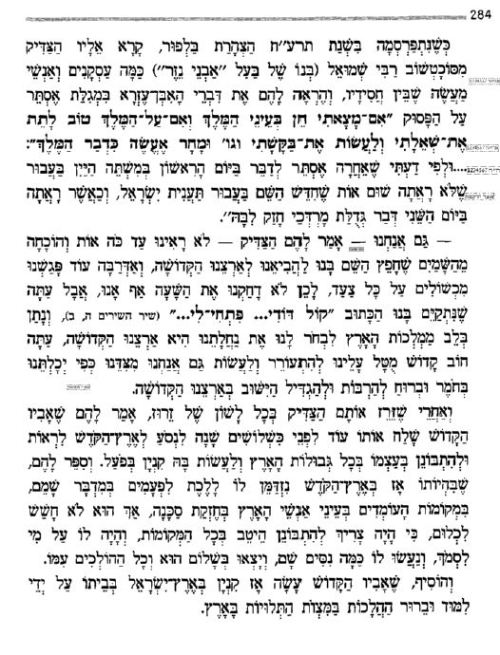
From here.
מנחות מב, ב
אמר ליה אביי לרב שמואל בר רב יהודה הא תכילתא היכי צבעיתו לה אמר ליה מייתינן דם חלזון וסמנין ורמינן להו ביורה [ומרתחינן ליה] ושקלינא פורתא בביעתא וטעמינן להו באודרא ושדינן ליה לההוא ביעתא וקלינן ליה לאודרא
Abaye said to Rav Shmuel bar Rav Yehuda: How do you dye this sky-blue wool to be used for ritual fringes? Rav Shmuel bar Rav Yehuda said to Abaye: We bring blood of a chilazon and various herbs and put them in a pot and boil them. And then we take a bit of the resulting dye in an egg shell and test it by using it to dye a wad of wool to see if it has attained the desired hue. And then we throw away that egg shell and its contents and burn the wad of wool.
It is clear from Rav Shmuel’s detailed instructions that the entire process depends on one ingredient – “the blood of the chilazon” – which was used to make the dye that produced techelet and color the ritual fringes known as tzitzit. But what exactly is the chilazon? It turns out to be a rather common snail found in the Mediterranean, but for centuries the identity of the chilazon was lost. Here is the story of how it was re-discovered.
From Talmudology, here.






